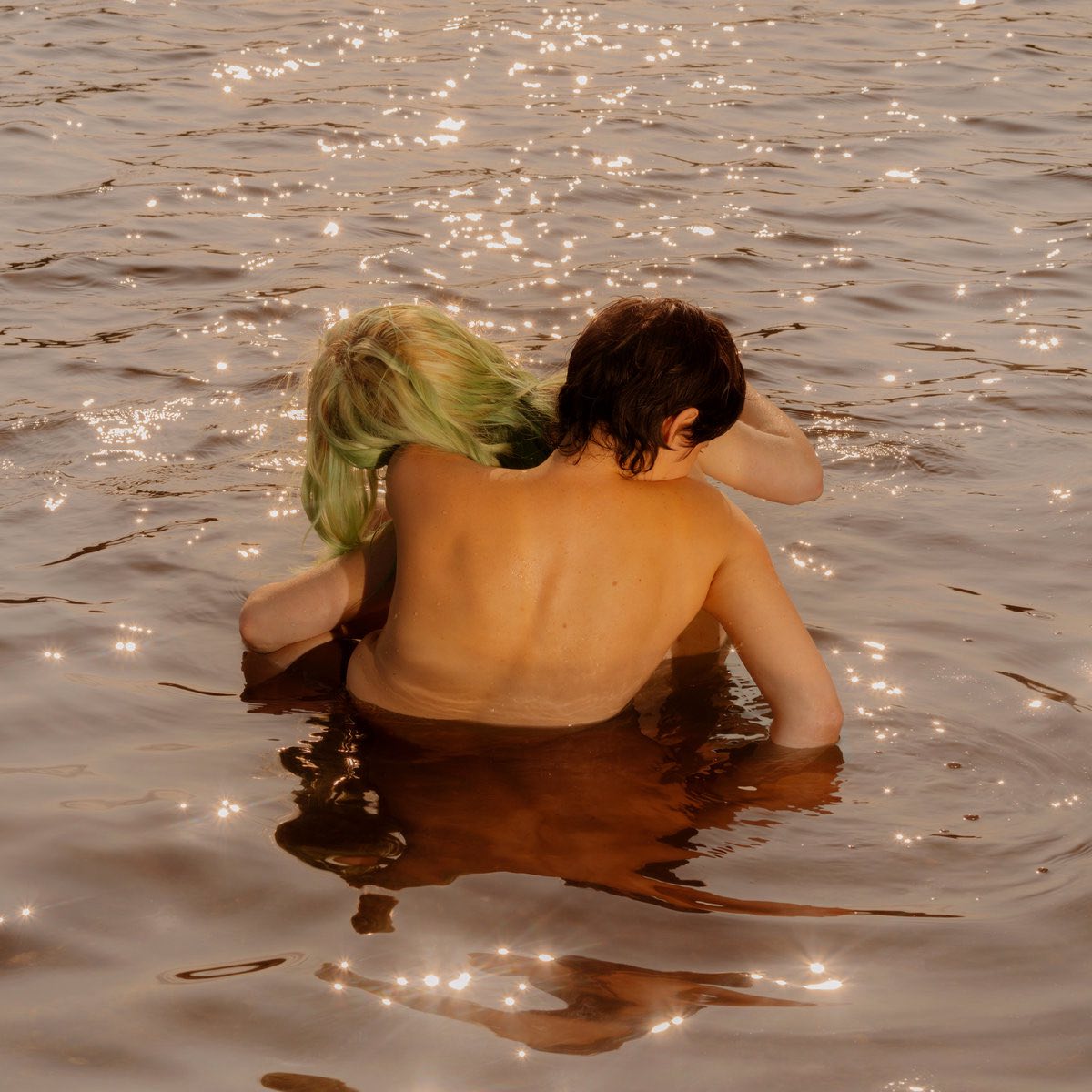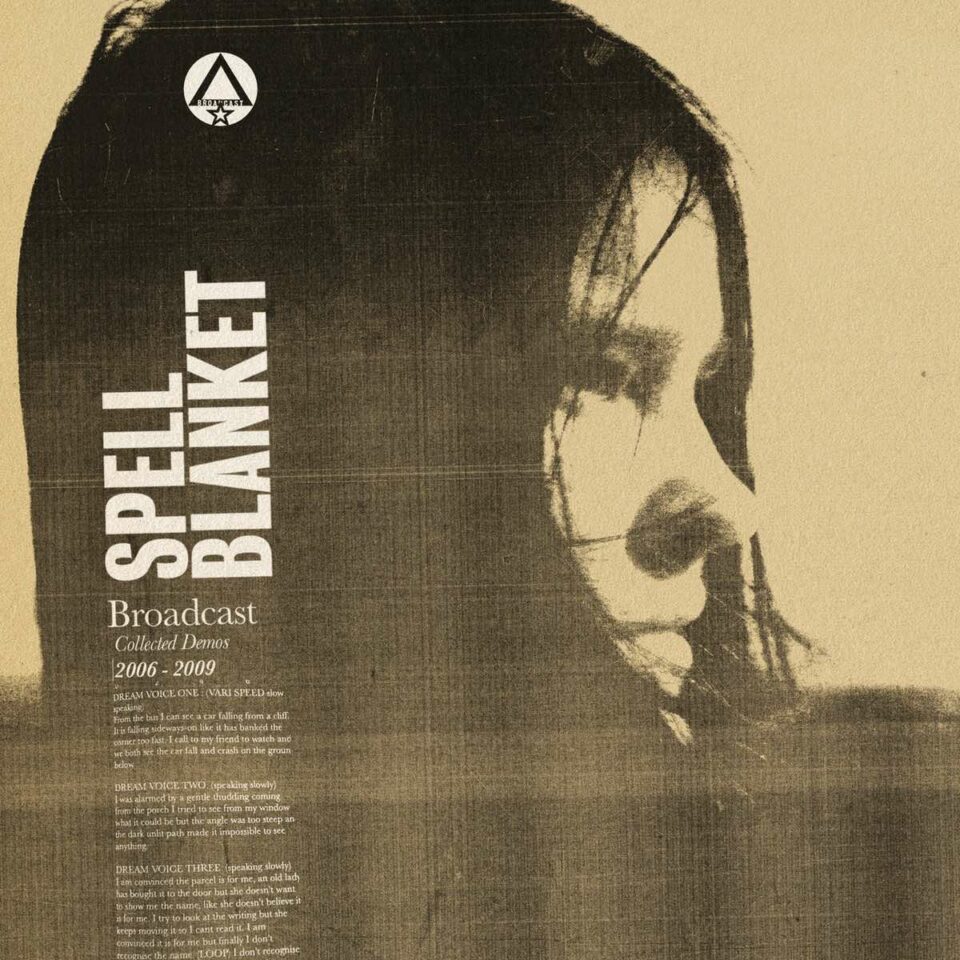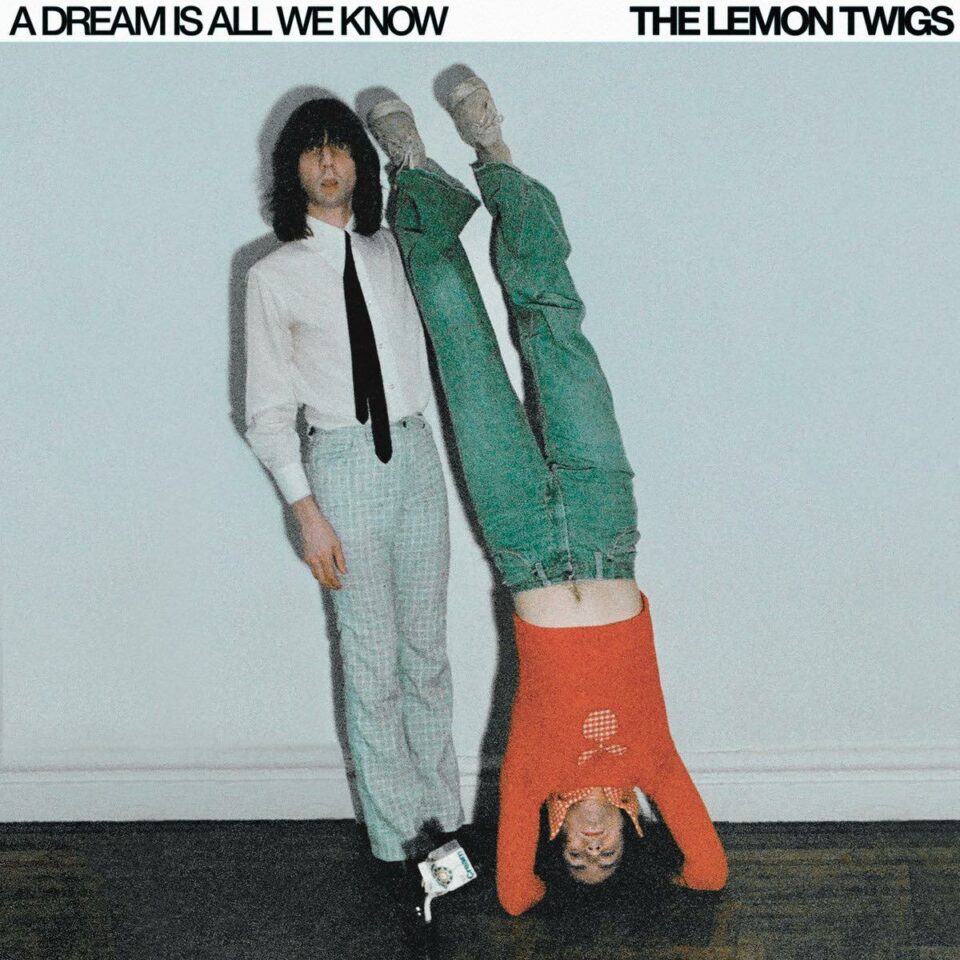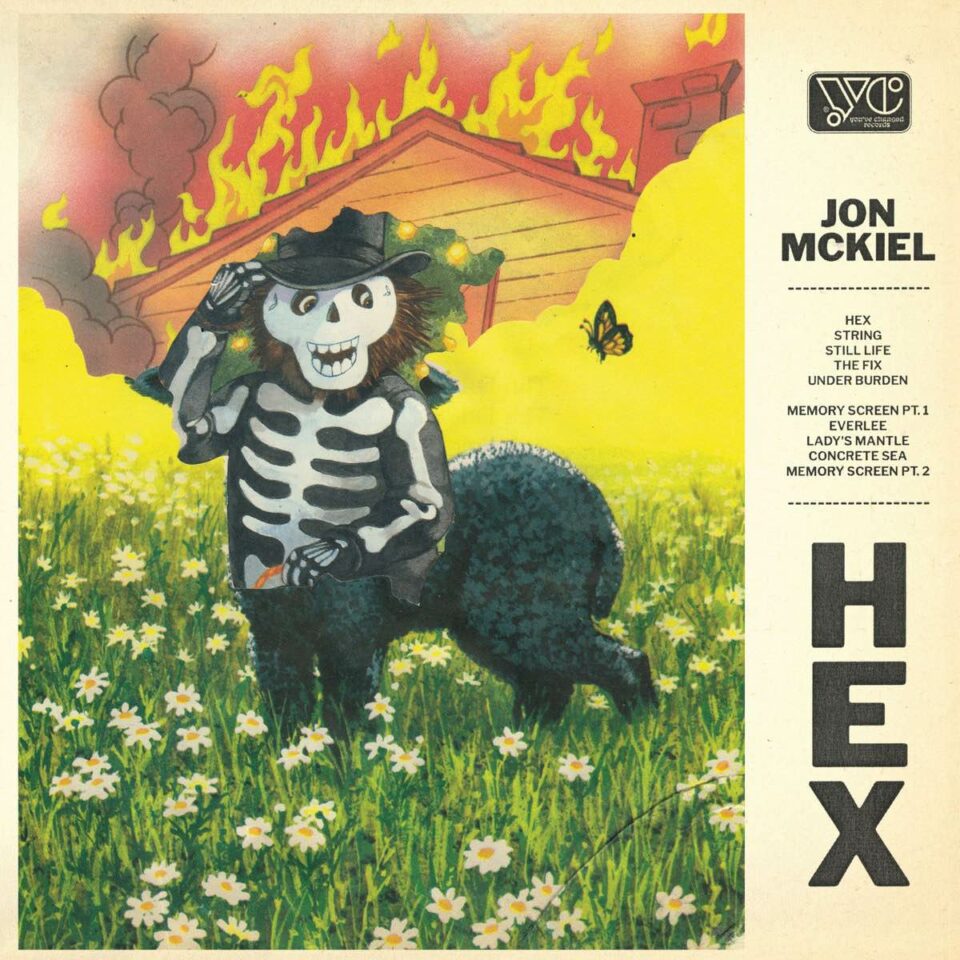Katy Kirby
Blue Raspberry
ANTI-
Naked bodies entwine over glassy water. This is the perfect cover art for the music found within Blue Raspberry, the sophomore album by Brooklyn-based songwriter Katy Kirby. These are songs flush with the pittering excitement of new romance that catalog Kirby’s first queer relationships, imagined or real.
Kirby’s 2021 folk-rock debut Cool Dry Place soundtracked a different transition—one of a homeschooled youth in Spicewood, Texas singing in an evangelical Christian church becoming fully immersed in new and cracking relationships in big cities. On that record, she played somewhere in the space between Andy Shauf’s lyrical wit and attention to mise en scène and Mitski’s playful characterizations and surprising pop melodies.
Kirby continues her penchant for strong turns of phrase in the storied tradition of Americana music on her emotionally taut sophomore effort. Phrases like “carpet bombs of estrogen,” “mutually assured distraction,” and “let me drop dead gorgeous” are just some fun examples of her level of craft on display throughout Blue Raspberry. She continues to be an inventive songwriter, but her guitar work and production sparkle as well—every instrument is clear and precisely layered in the mix.
Within the album, Kirby locks doors and talks her imagined lovers off the ledge of their relationship. Blue Raspberry is a confessional of more mature relationships than those documented on her first LP, but she still leaves traps out for partners (“Fences”), wrestles with the acidity of tiny grudges (“Wait Listen”), and holds the precious cargo of a jealous significant other at a party. There’s blame to share as they kiss, touch, and lob unpinned grenades back and forth. Kirby’s partners hide in her hoodie like “an oyster in a shell” with eyes rolling at her like a “pair of angry pearls.”
The yearning, country-tinged title track—the first song Kirby wrote for the record, penned when she started to realize she was queer—and many other songs on Blue Raspberry touch upon the concept of pining for someone you can’t touch and daydreaming about the mornings after a warm embrace of sheets and scents. Kirby understands that the magic hours of romance are fleeting, and they feel the most potent when you truly know yourself first. She just wants to turn the everyday mirrors in her home into a funhouse distortion and get her imagination working overtime. The result is intoxicating to listen to and well worth some attention. We all dress up our broken shells from time to time for a night out on the town, just like her.









